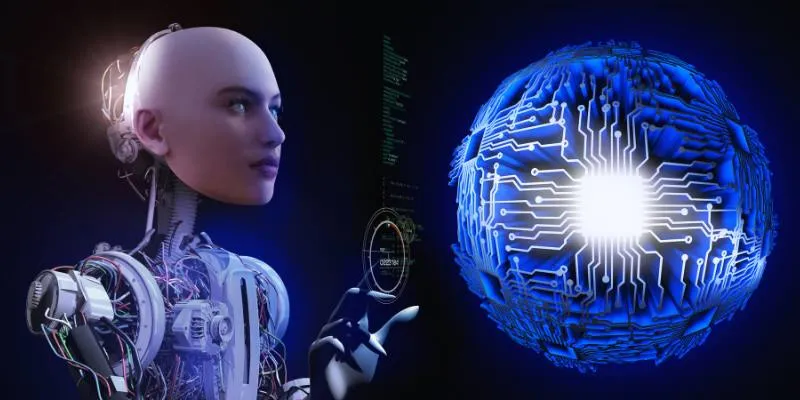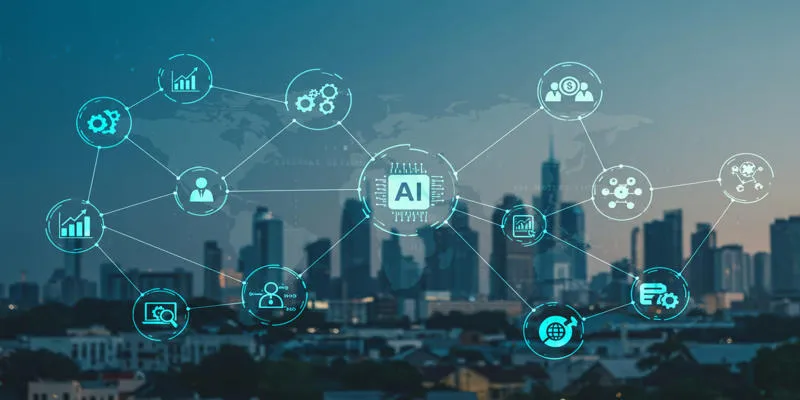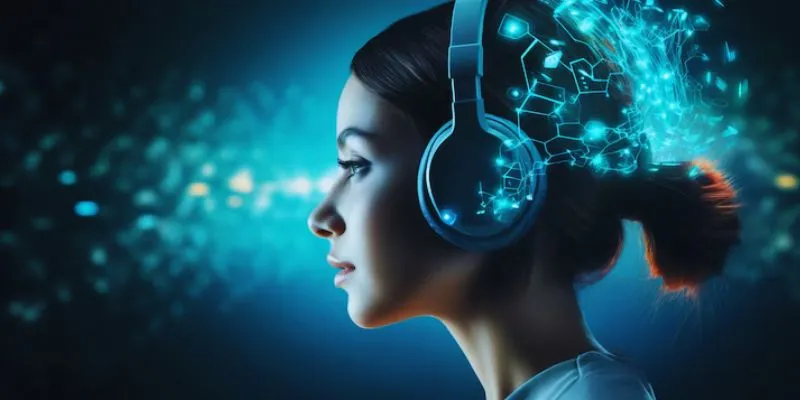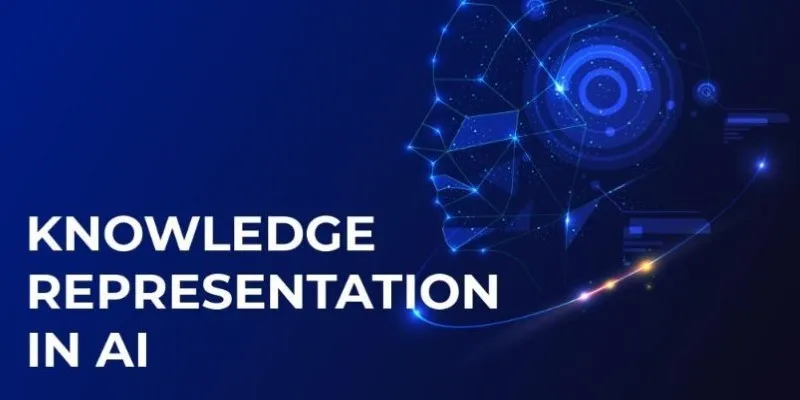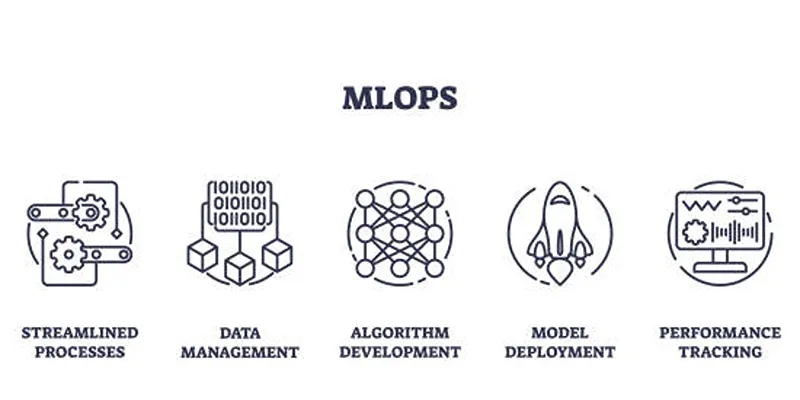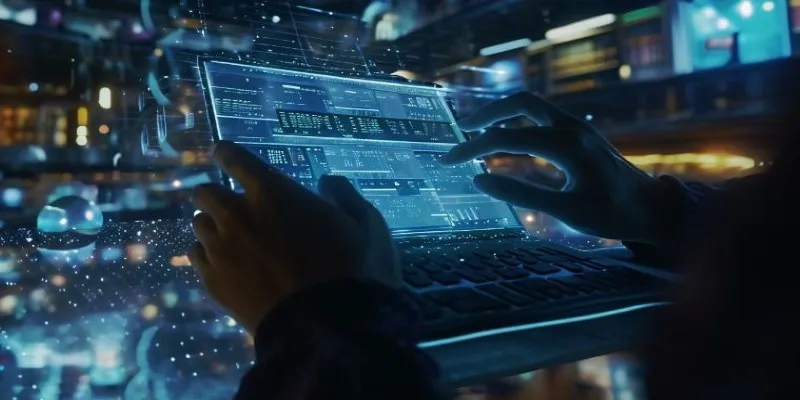Artificial Intelligence (AI) is revolutionizing the film industry. From aiding script development to enhancing visual effects, AI is transforming how movies are made. In this post, we explore how AI is being used in filmmaking by delving into areas like scriptwriting, editing, visual effects, and more.
AI has already impacted various facets of our daily lives, and it’s now reshaping movie creation. With advancements in machine learning and automation, AI empowers filmmakers to make better creative decisions, optimize budgets, and enhance cinematic experiences. This transition has streamlined the production process, allowing creators to focus on storytelling while AI manages technical aspects.
AI in Scriptwriting: Can AI Write a Blockbuster?
Scriptwriting is one of the most challenging aspects of filmmaking. Traditionally, innovation was a human domain, but AI now assists screenwriters in crafting compelling stories.
- AI-powered writing tools analyze thousands of successful scripts to generate ideas, suggest dialogues, and improve story structures.
- AI predicts audience preferences by analyzing past box office hits and suggests content that might succeed.
- Instead of replacing screenwriters, AI offers insights into character development and storytelling techniques.
- AI generates plot twists and endings based on audience trends, helping writers craft more engaging narratives.
Popular AI tools like ChatGPT, Sudowrite, and ScriptBook are refining movie scripts and enhancing storytelling. While AI-generated scripts have shown promise in short films, AI still lacks the emotional depth and originality that human writers contribute to storytelling.
AI in Pre-Production: Smart Planning and Budgeting
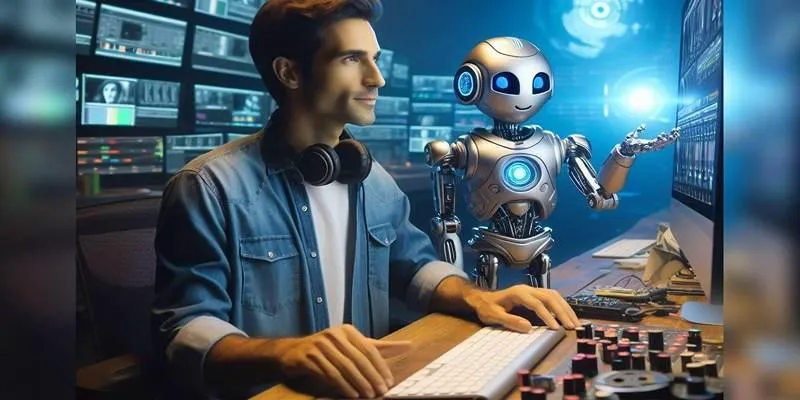
AI is transforming the pre-production process , making planning more efficient and cost-effective.
- AI-driven scheduling software helps filmmakers organize shooting schedules based on actor availability, location conditions, and production requirements.
- Budget prediction tools analyze financial data from previous films to provide accurate cost estimates.
- AI in casting can analyze actors’ past performances and recommend the best match for a specific role.
- Set and location optimization allows filmmakers to choose the best settings based on AI-driven weather and logistical analysis.
Filmmakers leverage these tools to streamline workflows, reducing wasted time and resources. Additionally, AI has been utilized for digital location scouting, cutting travel costs and enabling directors to visualize scenes before production starts.
AI in Filming: Enhancing Production Efficiency
During production, AI significantly enhances the filmmaking process’s efficiency.
- Smart camera systems utilize AI to track movements, adjust lighting, and focus automatically.
- AI-based cinematography tools assist directors in framing the best shots.
- Real-time AI editing suggests camera angles, ensuring the capture of optimal footage without reshoots.
- AI in virtual production allows real-time rendering of CGI environments, enabling actors to interact seamlessly with digital surroundings.
For instance, in the Disney+ series The Mandalorian, AI-powered virtual production techniques facilitated the creation of realistic backgrounds without traditional green screens. This method reduces costs and improves efficiency, offering filmmakers new creative possibilities.
AI in Post-Production: Editing and Visual Effects
AI shines in post-production, providing tools that enhance editing and create breathtaking special effects.
AI in Editing
- Automated video editing tools analyze hours of footage to select the best clips for final production.
- Scene segmentation helps editors identify and arrange scenes more efficiently.
- AI-driven color correction and enhancement ensure better consistency and mood setting.
- Audio enhancement and noise reduction improve dialogue clarity and sound quality.
- AI-generated subtitles and dubbing make films more accessible to global audiences.
AI-based editing tools like Adobe Premiere Pro’s Sensei AI and IBM Watson’s video analysis accelerate the editing process while maintaining high quality.
AI in Special Effects
- Deepfake technology creates realistic digital characters or de-ages actors.
- AI-generated CGI (Computer-Generated Imagery) enhances realistic visuals while reducing production time and costs.
- AI-powered motion capture enables animators to create lifelike characters without expensive equipment.
- Facial recognition for CGI characters improves realism by mapping human expressions onto digital characters.
Movies like The Irishman and Avengers: Endgame have used AI-powered effects to create stunning visuals. AI is also employed in de-aging actors, allowing for immersive flashback scenes without extensive makeup.
AI in Film Marketing and Distribution
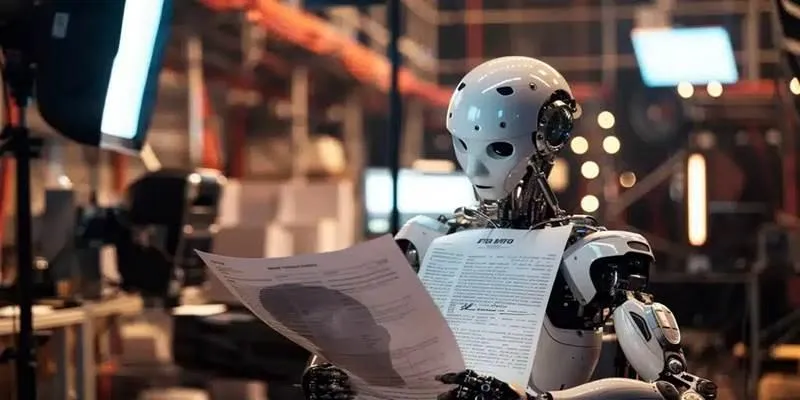
AI extends beyond film production, playing a crucial role in marketing and distribution.
- Predictive analytics help studios decide the best release dates based on audience behavior.
- Personalized movie recommendations enhance streaming platforms like Netflix and Amazon Prime.
- AI-driven trailers are generated by analyzing movie themes and selecting the most engaging clips.
- Sentiment analysis on social media provides insights into audience reactions, aiding studios in adjusting marketing strategies.
With AI’s assistance, studios optimize marketing strategies to reach the right audience. AI-generated movie trailers, such as the one for Morgan (2016), demonstrate the technology’s ability to select compelling scenes that capture viewers’ attention.
Conclusion
AI is transforming the film industry from scriptwriting to special effects, making movies more innovative and engaging. While AI assists filmmakers at various production stages, it does not replace the need for human creativity. Instead, it provides tools that streamline workflows, enhance visual quality, and improve storytelling. As technology continues to advance, AI is expected to play an even more significant role in shaping cinema’s future. However, the core of filmmaking—human creativity, emotion, and storytelling—remains irreplaceable. With AI as an ally, filmmakers can push the boundaries of what’s possible and deliver even more captivating cinematic experiences to audiences worldwide.
 zfn9
zfn9




